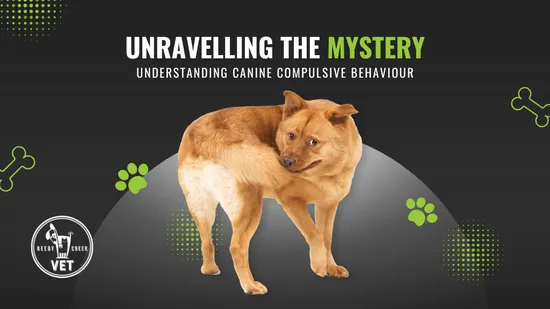It is a ritual as old as time in the canine realm: the meticulous grooming of their tail-end. Normal to an extent, when such behavior escalates, it breaches the threshold of decorum, potentially flagging underlying health concerns. There begs the question, why this incessant licking?
Primarily, dogs may engage in persistent self-soothing when confronted with inflammation or irritation of the nether regions—signaling something amiss. These cues demand a comprehensive veterinary evaluation to chart out a pertinent course of treatment to allay your beloved companion’s discomfort.
1. The Enigma of Anal Glands
Widely acknowledged by dog parents, the anal glands flank the furry friend’s rectum, customarily self-clearing during defecation. However, they may fall short of a complete purge due various reasons—loose stools, anatomical predisposition, allergies, or myriad combinations thereof. Fluids ensnared within these glands thicken, intensifying the internal pressure. Left to their own devices, dogs may resort to carpet-scooting or incessant rectal grooming to manually express these glands.
2. The Intricacies of Intestinal Parasites
The canine gut is vulnerable to parasitic denizens, including hookworms, whipworms, and tapeworms. Such unwelcome guests propagate diarrhea, which not only harasses the rectal vicinity but also complicates the anal glands’ expression. Parasitic egg deposition near the dog’s rear can further exacerbate the itch, triggering a licking frenzy to quell the irritation.
3. A Duel with Allergies and Infections
Allergies typically culminate in irksome itching accompanied by inflamed dermatological landscapes, potentially encompassing the rear and affiliated glands. Concurrent skin infections may aggravate said inflammation. For a dog besieged by skin allergies, butt licking acts as a barometer—a red flag worthy of attention.
Confronting the Dilemma
Should your dog delve into excessive rectal grooming, convene with your veterinarian. A precise remedy is requisite for halting the inflammatory cascade. Including anal gland assessments and possible antibiotic administration, the recovery arsenal is diverse.
At the vet’s office, expression of the anal glands should not breach the threshold of pain despite its unsavory nature. Anomalies in the gland contents, be it in density or shade, clamor for immediate attention, suggestive of infection.
For home interventions, consider dietary adjustments. Add-ins like canned pumpkin or specialized over-the-counter supplements may recalibrate your dog’s digestive balance. A fecal examination consummates the diagnosis of intestinal parasites, whereupon your vet can deploy dewormers to rout the invaders.
Preventative measures against common intestinal parasites involve consistent heartworm prophylaxis and periodic stool checks. Allergy detection and management pace alongside, with a repertoire of skin tests to discern and desensitize your dog’s immune response to environmental trigger points. While food allergies can mirror these symptoms, they abide by a principle of elimination, typically addressed through a trial of prescription diets.
Upon observing your canine ensnared in an obsessive licking labyrinth, summon your trusted veterinary ally. Though often benign, professional counsel can illuminate the path to your dog’s relief and wellness.























































